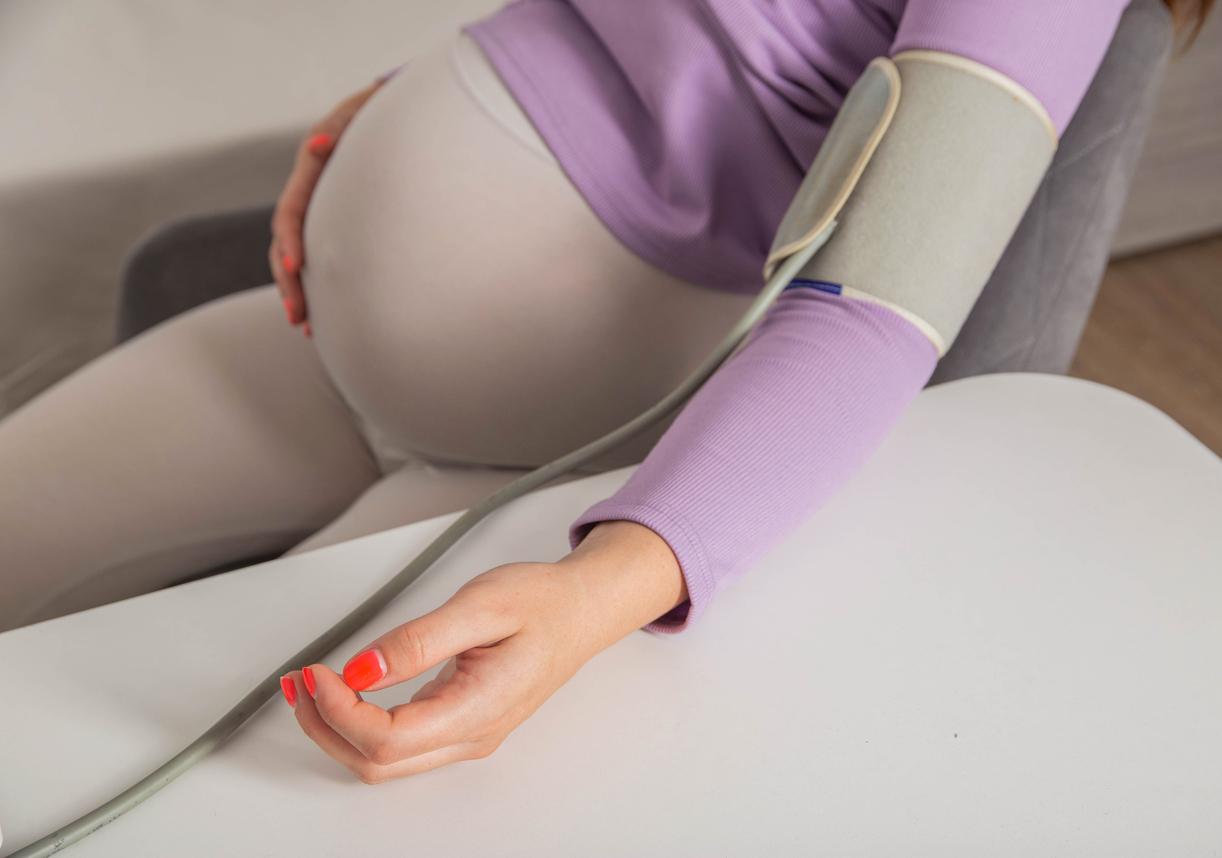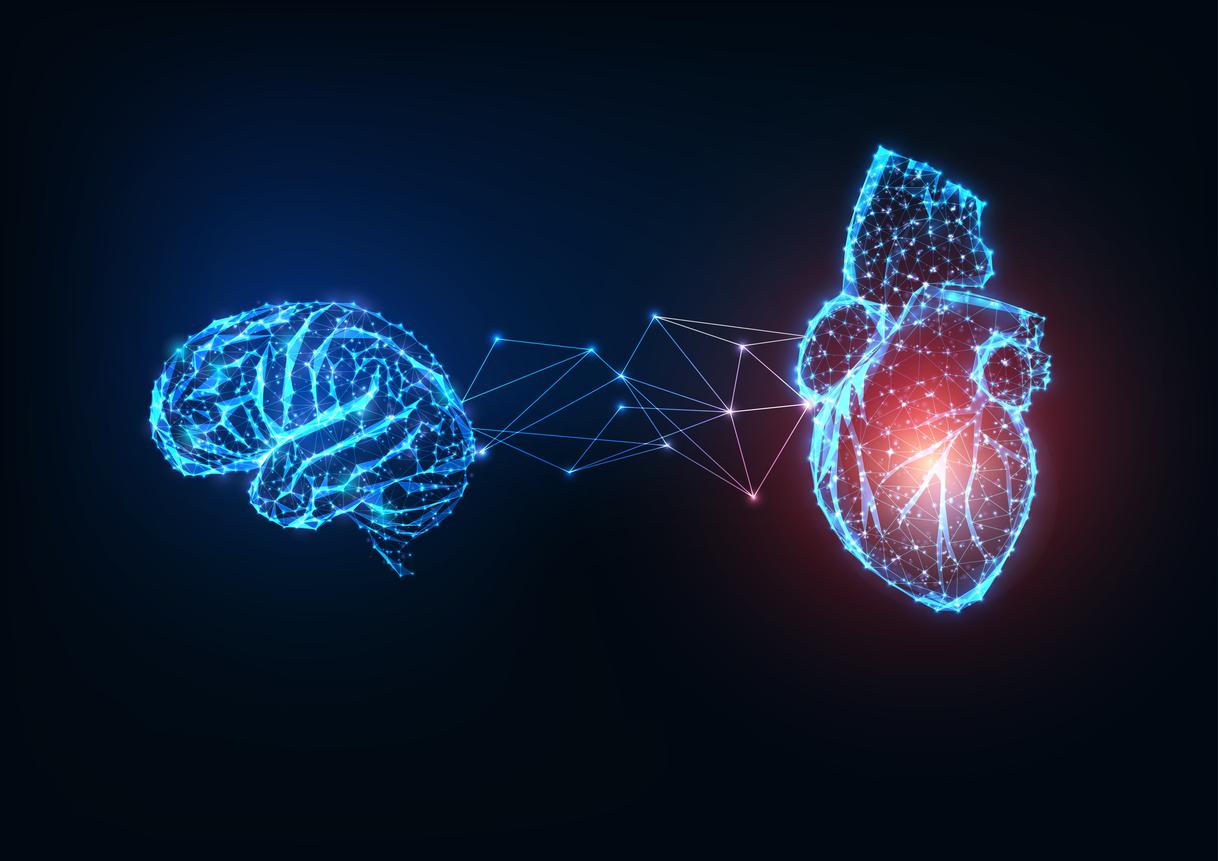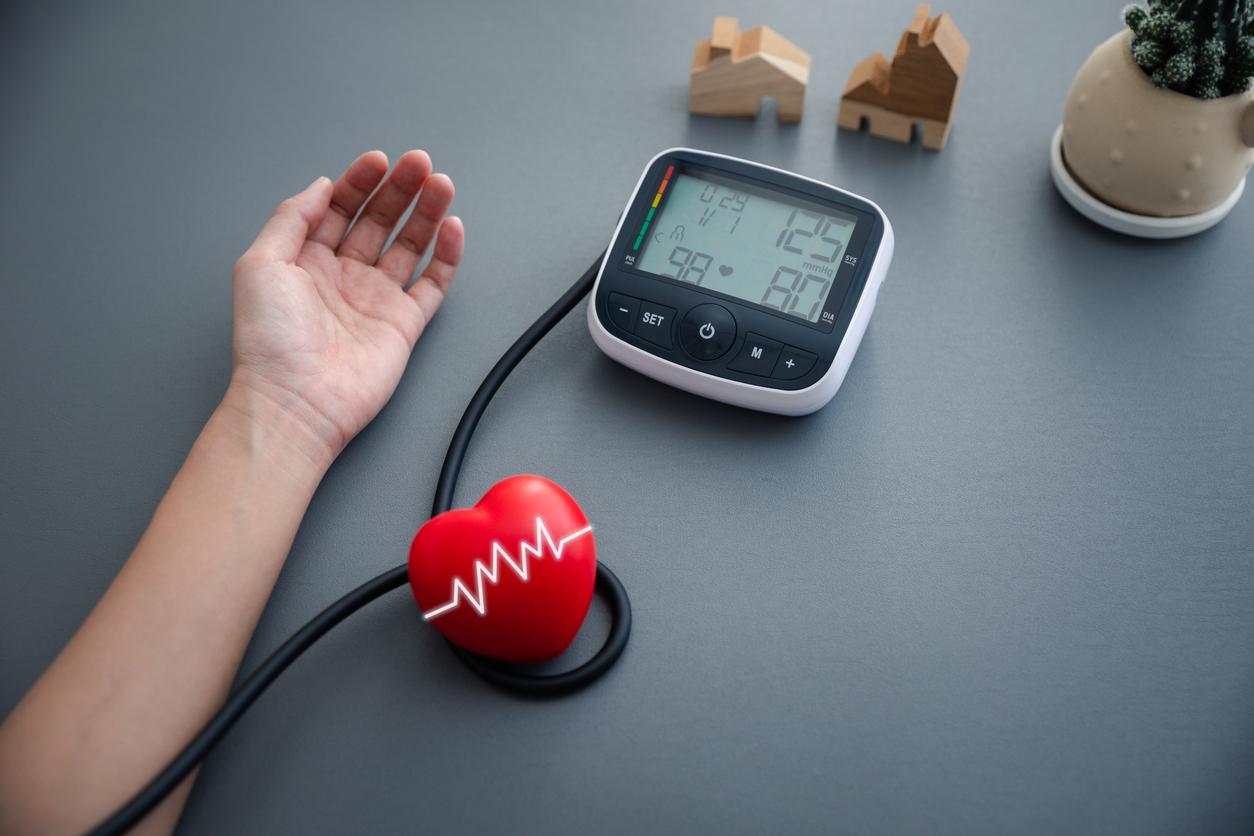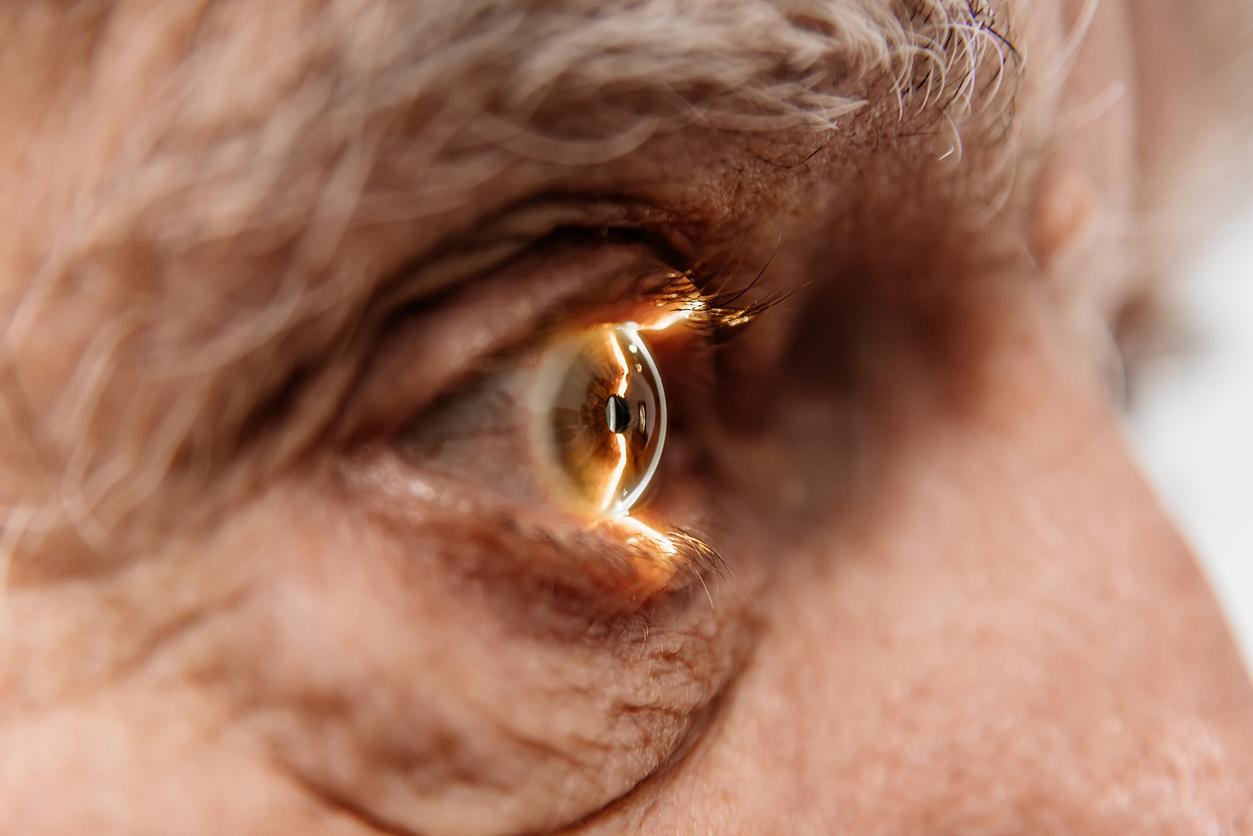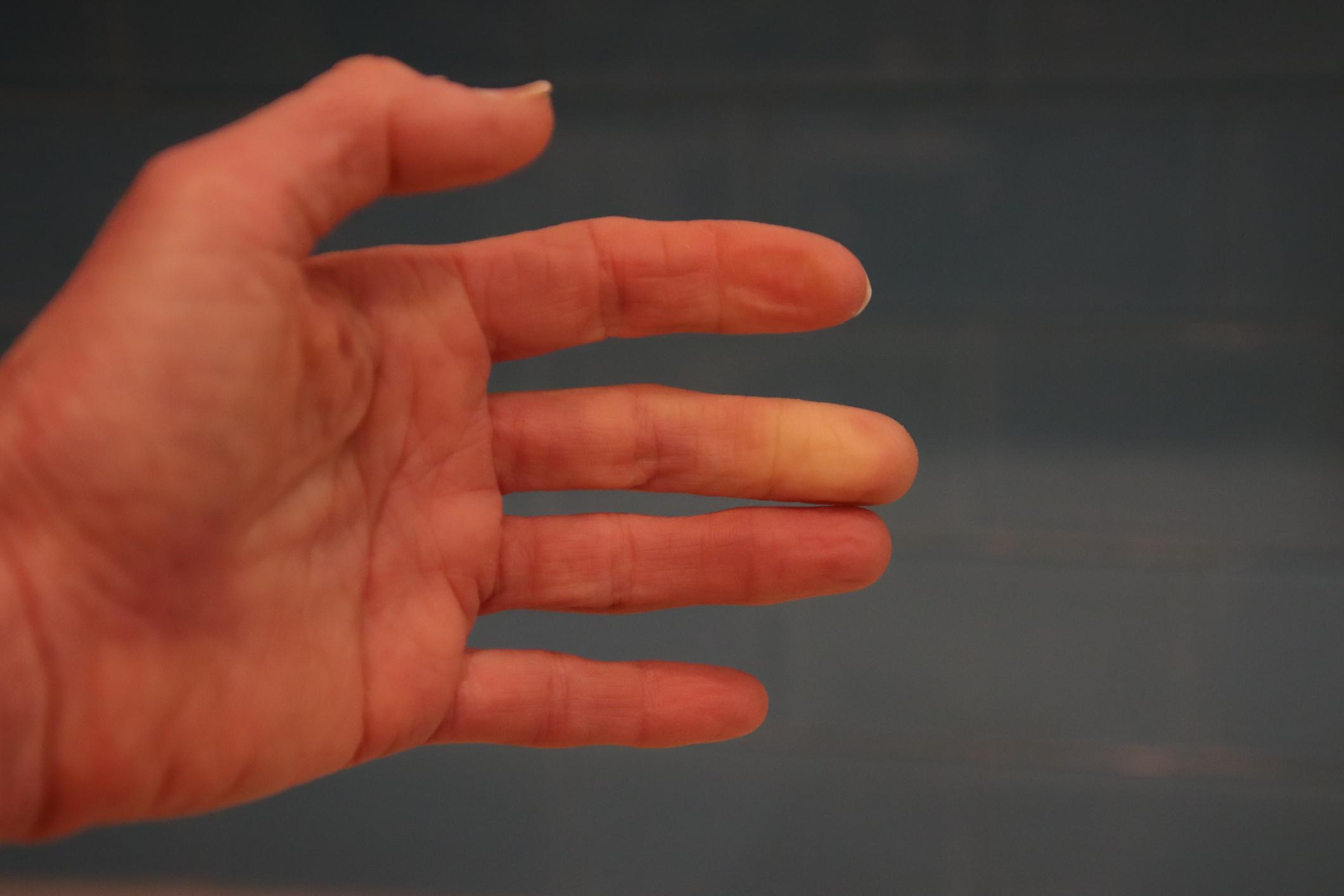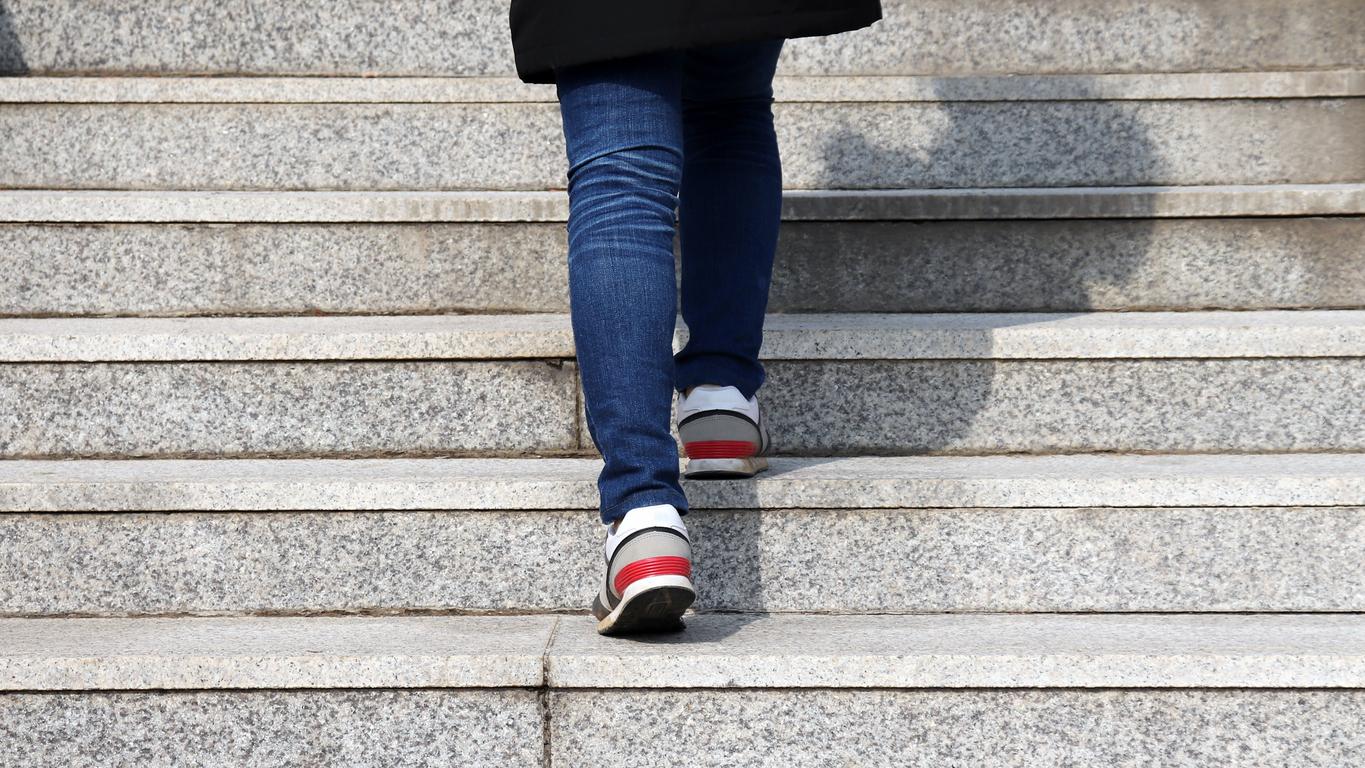The phenomenon of dizziness when getting up after lying down or sitting down, orthostatic intolerance, is a phenomenon that astronauts have long been victims of. The exercises to which they were subjected to avoid these discomforts could be used to treat patients who suffer from them in an acute way.

Have you ever wondered, when you get up suddenly after a long nap or sitting for a long time, why you feel dizzy? Some even feel like they are going to faint. Why ? This is called orthostatic intolerance (OI) and according to the American Heart Association, one in three people have this problem due to their various health conditions. Researchers found the answer to that too after observing this symptom… in astronauts.
Researchers at UT Southwestern Medical Center tried to find out how the latter react when they return to Earth. During the first expeditions of the conquest of space, the astronauts fainted after their return to Earth.
It was simply exercise and hydration that prevented the OI
The researchers worked on a group of 12 astronauts aged 43 to 56 who had spent 6 months in space. They were all given finger blood pressure sensors to track blood pressure and heartbeats. This recording was made before, during and after their space travel.
The 12 astronauts underwent exercises and saline injections while returning to earth to treat OI. Researchers found that this combination helped astronauts beat this disease: they expected two-thirds of astronauts to faint, but no one fainted!
Lead researcher, professor of internal medicine at UT Southwestern, Dr. Benjamine Levine, reveals, “It’s a combination of exercise routine and hydration. The astronauts were scheduled for an hour of daily exercise with saline hydration which saved the loss of heart muscle, hence the complete prevention of the onset of the disease.”
What is orthostatic intolerance?
Orthostatic intolerance is a condition in which people faint or feel dizzy when moving from sitting or lying down to standing: this movement disrupts blood circulation in the body due to gravity. According to the American Heart Association, this sensation lasts less than a second, long enough to restore stable blood flow and blood pressure to the body.
How to Prevent OI
For their study, the UT Southwestern researchers looked at how the treatment could be used to treat other similar conditions. One such condition is Postural Orthostatic Tachycardia Syndrome or POTS, which often affects women who suffer from dizziness. They are convinced that this study would help them better treat OI.
.








